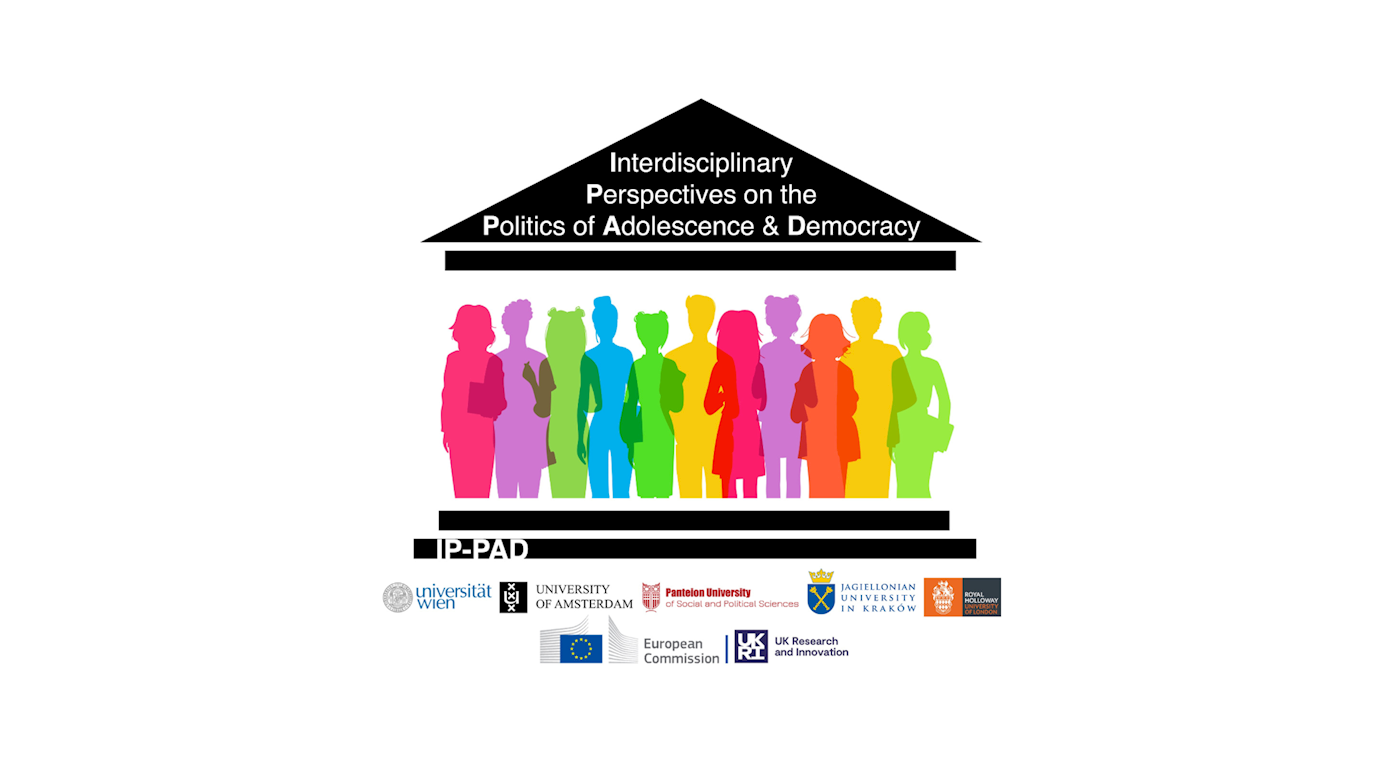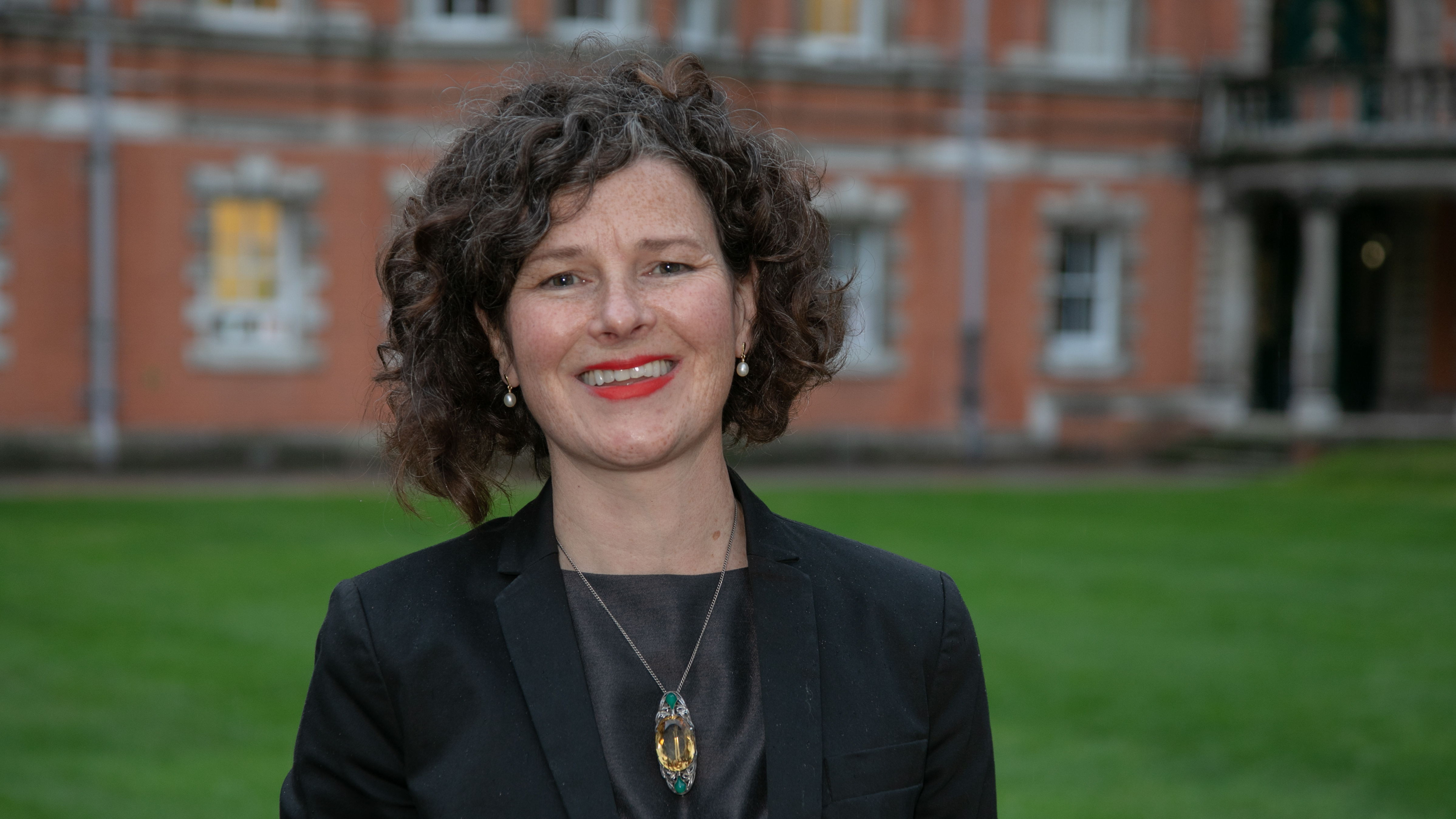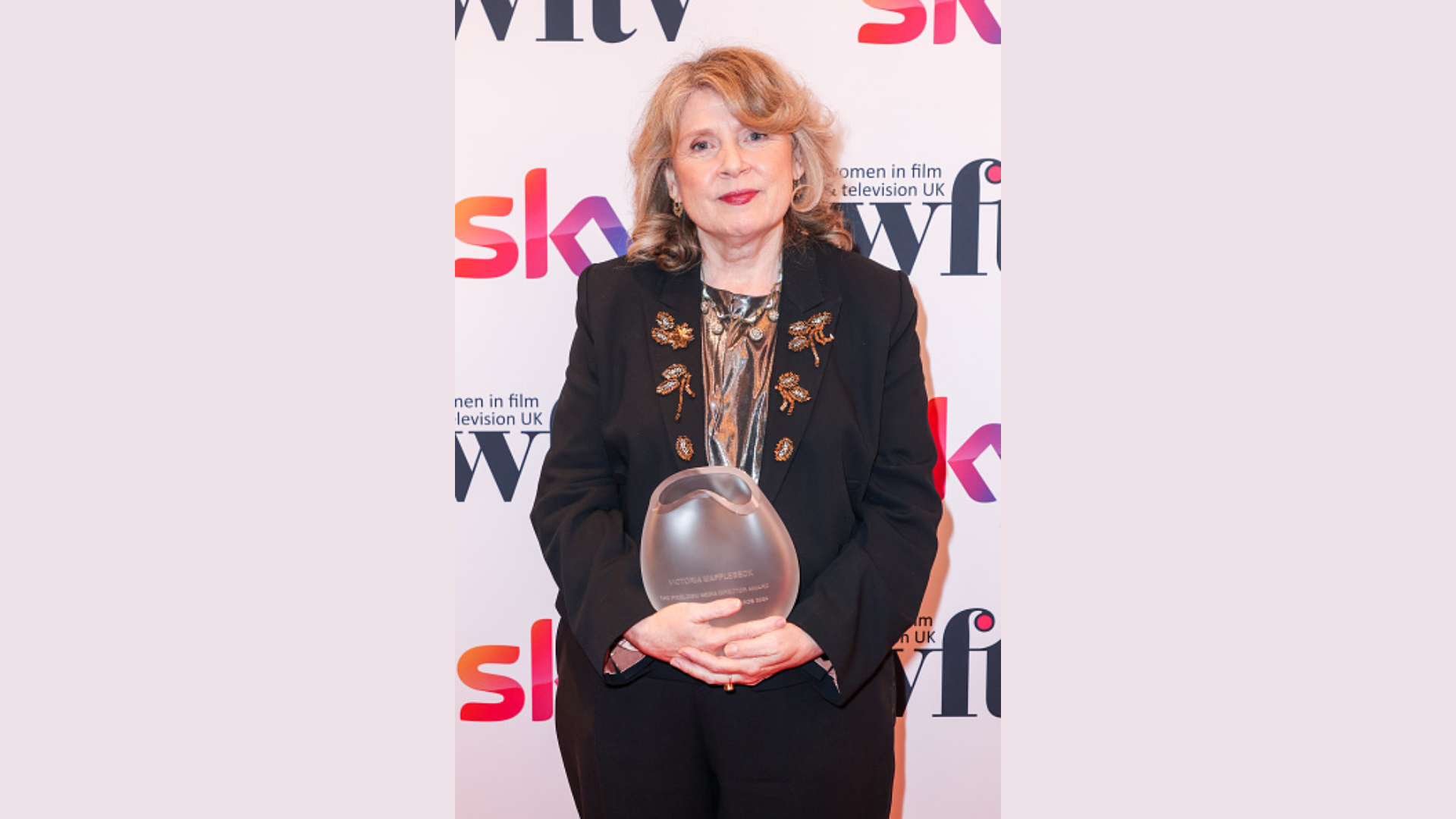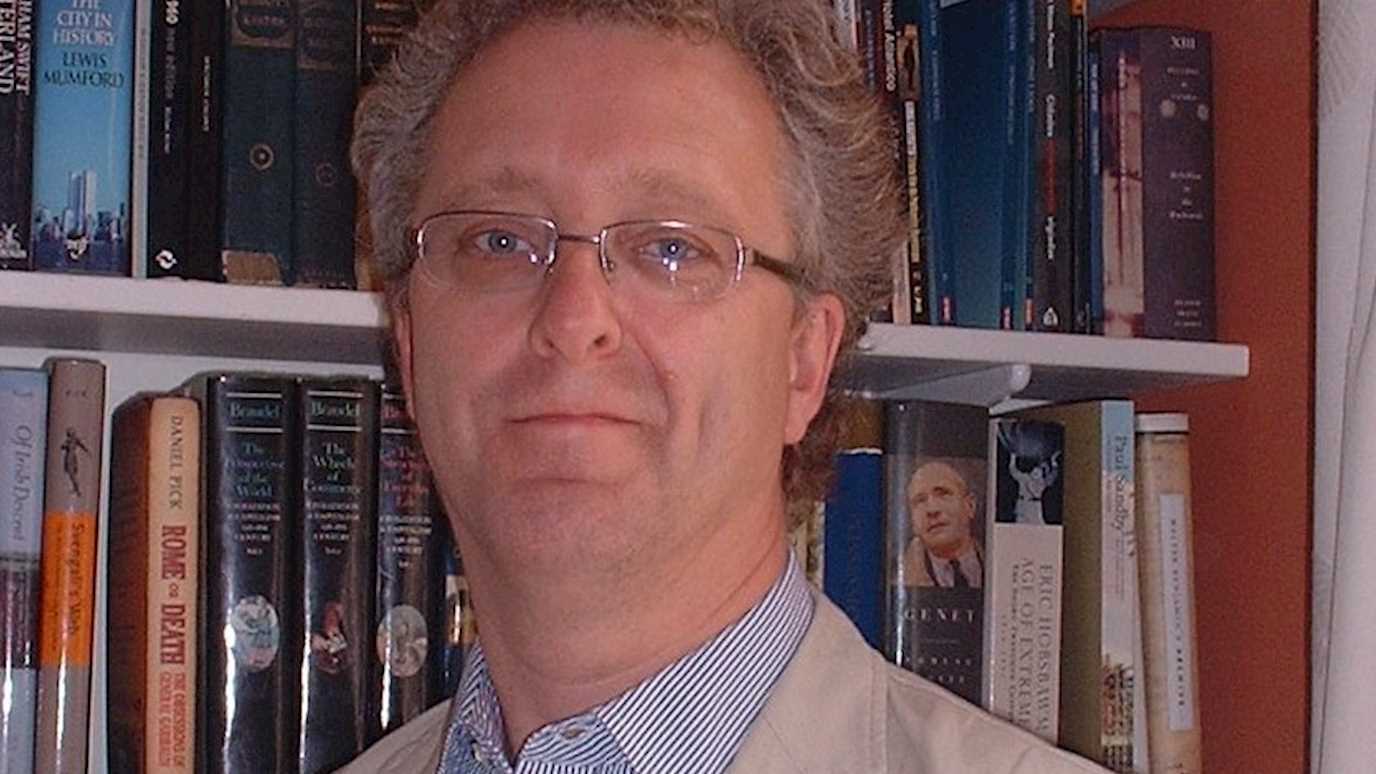Royal Holloway is part of a new Marie Curie Doctoral Network that will focus on discovering how the brain development and socialisation of Generation Alpha shapes how they process political information and their political engagement with democracy.

Youth engagement with politics has always been crucial for the future of democracy, as the adolescents of today become the voting citizens of tomorrow.
However, globally, as well as in Europe, youth satisfaction with democracy is declining, both in absolute terms, but also relative to how older generations felt at the same stages in life.
This research will be the first time that political science is used in conjunction with psychology, and developmental and affective neuroscience. The project will address the timely and pressing societal issue of youth dissatisfaction with democracy by bringing together insights and perspectives from a range of disciplines to understand how the wide-ranging changes that occur in the adolescent brain impact political attitudes.
The network’s scientific lead, Professor Manos Tsakiris, from the Department of Psychology at Royal Holloway and Director of the Centre for the Politics of Feelings, said: “We have to look into what politics means to young people and how they actually process political information, both emotionally and cognitively. The research is important because if we have generations of young people being dissatisfied with politics, it could push many of them towards apathy and abstention or even radicalised attitudes, populism, identification with fringe groups and deep engagement with disinformation. Both scenarios raise concerns about the future of liberal democracies in Europe.”
The four-year project will integrate research on youth political engagement from the perspectives of political and social sciences and offer insights into the development of cognitive abilities and emotions of young people aged between 12 to 21 years old.
Dr Kaat Smets, Reader in Politics in the Department of Politics, International Relations and Philosophy at Royal Holloway said: “This is an exciting opportunity for political scientists to study people who do not yet have the right to vote, and for psychologist to learn more about the development of political attitudes and behaviours among young people.”
Professor Ken Badcock, Senior Vice-Principal of academic strategy and research at Royal Holloway, University of London, added: “It is important that we tackle the challenge of youth dissatisfaction with politics by bringing together perspectives from different disciplines as well as from different European countries. We are very pleased our university will be a key partner in this multinational effort.”
Twelve early career researchers will be recruited by the University of Amsterdam (Netherlands), University of Vienna (Austria), Panteion University of Social and Political Sciences (Greece), Jagiellonian University (Poland) and Royal Holloway, University of London (UK), who will conduct their research and training in collaboration with the European Youth Parliament, the Joint Research Centre of the European Commission, Gallup International and Counterpoint Global.
























